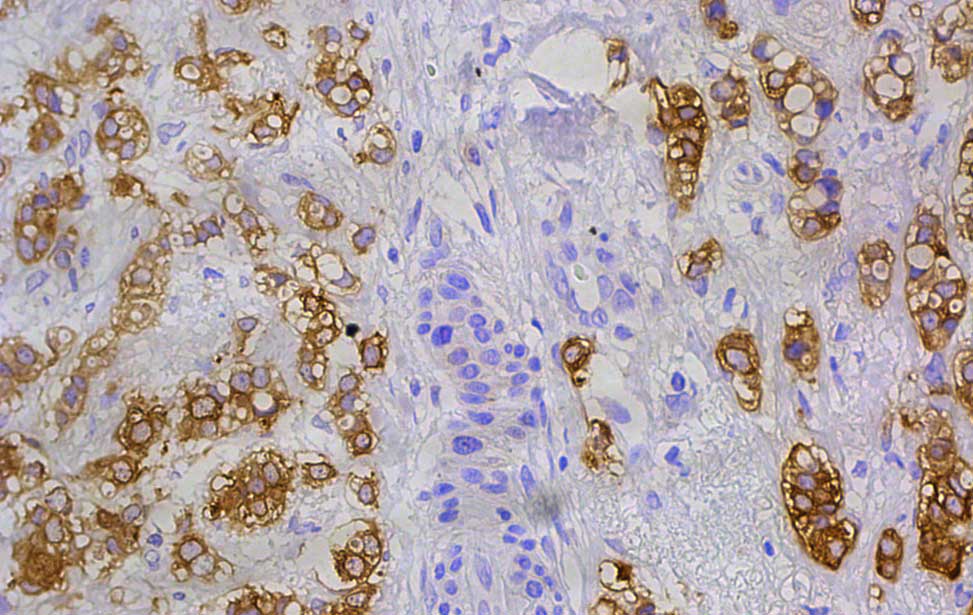Kristina Havas Cavalletti
Born in New York in 1976, Kristina has always been curious about the natural world around her. Following a high school science fair, Kristina was offered the opportunity to spend the summer in a laboratory at the local university. It was during this summer that Kristina first experienced life in a true science lab, and she has rarely looked back since.
Kristina graduated from The Pennsylvania State University in 1999. During her time at Penn State Kristina worked in the lab of Jerry Workman. Her time in the Workman lab lead to her desire to understand how chromatin was regulated to shape gene expression. Driven by this, as well as a sense of adventure, Kristina than moved to the University of Dundee in Scotland to pursue a PhD in biochemistry in the lab of Tom Owen-Hughes. Her thesis work focused on deciphering the mechanism of how chromatin-remodeling complexes harness the power of ATP to disrupt chromatin.
Following her PhD Kristina took a career break to start a family. While raising her young family Kristina had the opportunity to return to work in local laboratories interested in breast cancer. Kristina then decided to return to science in earnest in 2012 when she took up a post-doctoral position in the lab of Martin Jechlinger at EMBL Monterotondo. Her post-doctoral work, utilizing a combination of mouse models and organoids derived from primary cells, focused on understanding mechanisms behind the leading cause of breast cancer related death: disease reoccurrence.
It was during her time at EMBL that Kristina developed a deep interest in metabolic alterations found in breast cancer. She now looks forward to working at the intersection of the main two themes of her academic career, investigating how both genetics and the local environment shape breast cancer metabolism, and how in-turn tumor metabolism instructs epigenetic reprogramming during disease progression.
In IFOM from November 2016 as a Joung Group Leader, she now looks forward to working at the intersection of the main two themes of her academic career, investigating how both genetics and the local environment shape breast cancer metabolism, and how in-turn tumor metabolism instructs epigenetic reprogramming during disease progression.
